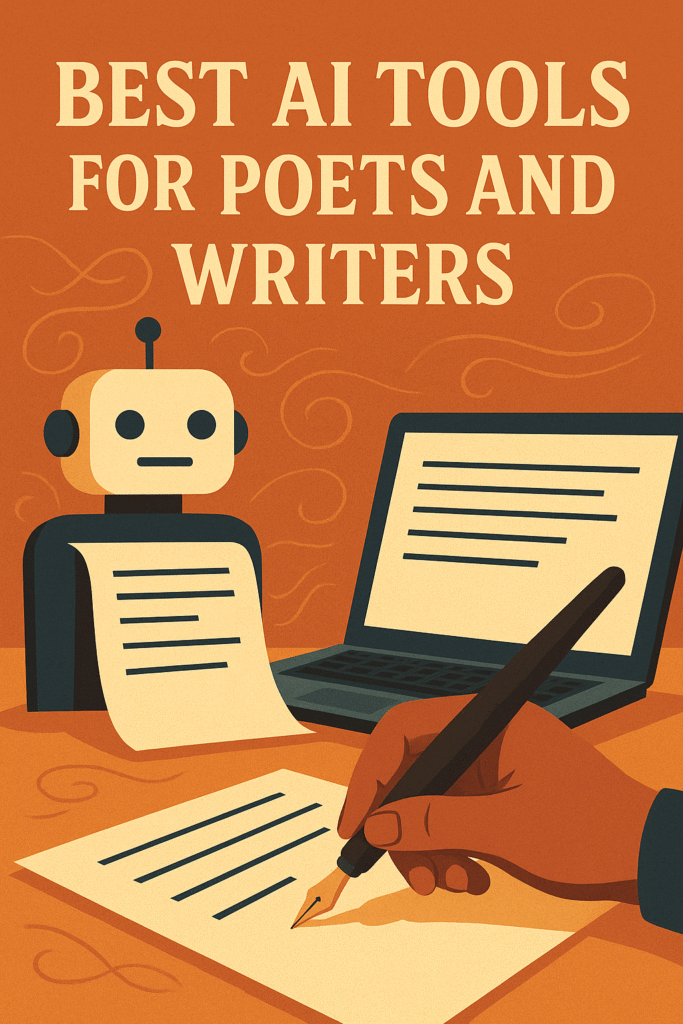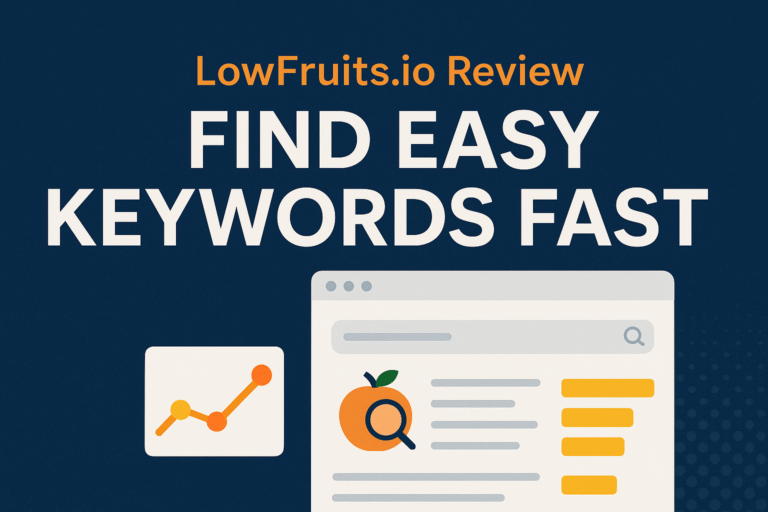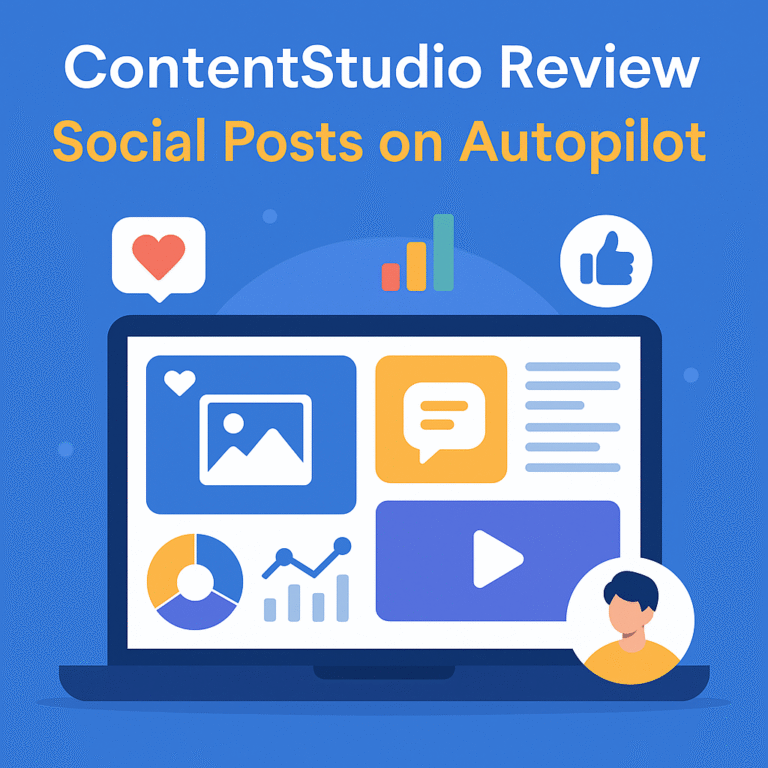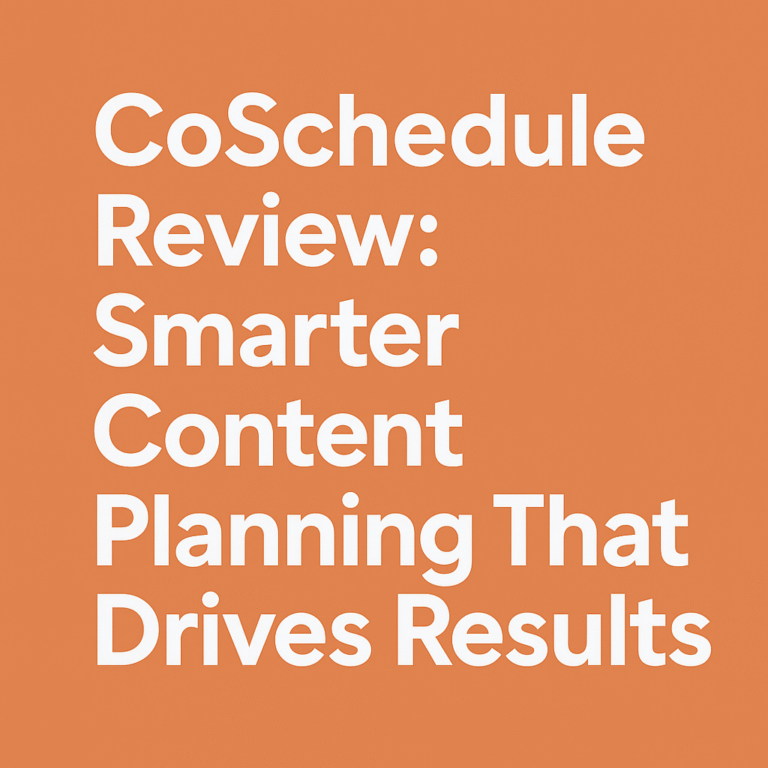
Best AI Tools for Poets and Writers
In an age where muses often show up as machines, it’s time to recognize that the Best AI Tools for Poets and Writers aren’t replacing poets—they’re unleashing them. These tools act like silent collaborators, whispering new ideas, offering a fresh perspective, and polishing verses without breaking rhythm. Whether you write haikus or free verse, romantic sonnets or modern slam, there’s an AI out there waiting to become your next creative partner.
Understanding the Role of AI in Writing for Poets and Writers
AI may seem clinical to some, but it’s nothing short of magical in the hands of poets. Writers across the globe are leveraging AI to brainstorm metaphors, build literary structures, and even mimic poetic forms. These systems don’t remove the writer’s soul; they reflect it back, often clearer than before.
By analyzing language patterns, AI writing tools can detect stylistic inconsistencies, suggest enhancements, and offer stylistic alternatives that even seasoned poets sometimes miss. It’s like writing beside a genius who knows every poem ever written—but never interrupts.
Key Features to Look for in AI Tools for Poets and Writers
Before diving into specific platforms, it’s essential to understand what to look for. The Best AI Tools for Poets and Writers share these critical features:
- Natural Language Processing (NLP): Enables machines to interpret, generate, and respond to poetic language.
- Tone & Mood Analysis: Helps maintain consistent emotional resonance throughout.
- Contextual Suggestions: Offers edits without disturbing thematic layers.
- Syntax and Flow Tools: Ensures your rhythm, meter, or freeform flow remains intact.
- Multilingual Support: Useful for bilingual poets or translations.
Tools like Sudowrite, Jasper, and Grammarly incorporate many of these, but each caters to a different creative instinct.
AI Creativity Boosters for Poets
Staring at a blank page is a poet’s worst nightmare. AI tools offer prompts, imagery, and sentence starters to jumpstart that elusive first line. Rytr and Sudowrite are notable players here, offering infinite suggestions with just a keyword. You tell them “melancholy sunset,” and they give you three poetic directions instantly.
These tools aren’t writing for you—they’re writing with you. Your heart steers the verse; AI simply provides the wind.

AI-Powered Poetry Generators
Tools like Verse by Verse by Google use classic poetic references (think Whitman or Dickinson) to generate new lines in their style. Meanwhile, InferKit can mimic specific structures like limericks or Japanese tankas. They are astonishingly good at maintaining rhythm and form while adapting to your unique flair.
Inspiration Engines for Poets and Writers
Sometimes, it’s not the words we lack—it’s the vision. Platforms like Poem Portraits create digital artworks of poetry based on single words. Tools like Talk to Transformer or ChatGPT’s Creative Mode allow brainstorming entire themes from abstract prompts.
They turn vague thoughts into vivid tapestries. A single word can lead to a new anthology.
AI Tools for Editing and Proofreading Poetry
AI editing no longer feels robotic. Grammarly, ProWritingAid, and Hemingway Editor now offer tone-aware corrections. Grammarly’s tone detector is ideal for subtle moods like irony or sorrow. Hemingway strips excess words while highlighting overcomplications—a useful sidekick for minimalist poets.
Emotion, Tone, and Rhythm Tuners
AI writing tools can now adjust tone as per emotion. For example, if your poem feels offbeat, Sudowrite’s Describe and Rewrite feature will help it sway smoothly. Tools like QuillBot rephrase content while keeping emotional intensity intact.
Rhythm isn’t just syllables; it’s a heartbeat. These tools keep it beating in time.
Plot and Structure Advisors for Long Poems
Narrative poems or epics benefit from AI plot structuring tools. Scrivener offers organizational support for chapters or stanzas. Plottr visualizes arcs, motifs, and repetition—great for ballads or sonnet sequences. A poetic journey deserves a roadmap too.

Overcoming Writer’s Block with AI
The dreaded silence of a creative drought can now be interrupted by tools like Writesonic and Copy.ai that generate unexpected metaphors, phrases, or verses based on one input. Think of them as thought triggers rather than typewriters.
They don’t do the writing for you—but they hand you the torch when your flame flickers.
Research and Reference AI Tools for Literary Poets
Need a metaphor about the moon that hasn’t been used a thousand times? AI tools like Scite or Elicit pull uncommon references from academic and literary databases. Suddenly, your imagery becomes fresh, profound, and deeply original.
Collaborative AI Tools for Group Poetry Projects
Some poets thrive in solitude; others in collaboration. Notion AI and Google Docs AI Extensions let poets work on shared pieces with real-time AI feedback. For collectives, workshops, or poetry slams, this dynamic evolution is priceless.
Affordable vs Premium Tools Comparison Table
| Tool | Free Version | Premium Price | Best For |
|---|---|---|---|
| Grammarly | Yes | $12/month | Editing, clarity |
| Sudowrite | Trial | $10+/month | Creative writing |
| Jasper | No | $39+/month | Versatile prompts |
| Copy.ai | Yes | $49/month | Metaphor generation |
| Rytr | Yes | $29/month | Budget creativity |
FAQs
What are the Best AI Tools for Poets and Writers?
Sudowrite, Jasper, Grammarly, Rytr, and Verse by Verse are among the best tools tailored for poets and creative writers.
Can AI actually write good poetry?
AI can generate grammatically correct and rhythmically structured poems, but true emotional depth still comes from human intention.
Is using AI for poetry cheating?
Not at all. It’s a tool, like a thesaurus or typewriter. What matters is how you use it, not that you use it.
Are these tools beginner-friendly?
Yes. Most have intuitive dashboards and offer tutorials for writers of all experience levels.
Will AI change my voice as a poet?
Only if you let it. Think of it as a suggestion box—not a ghostwriter.
Do professional poets use AI tools?
Yes, many do. From refining verse to publishing faster, AI has found its way into modern creative workflows.
Conclusion
The future isn’t man versus machine—it’s man with machine. The Best AI Tools for Poets and Writers don’t steal your muse; they sharpen it. They remind us that creativity is no longer a lonely path. With the right tools in your poetic quiver, every stanza becomes sharper, every verse more resonant, and every idea more daring.
So go ahead—explore the best of both worlds. Let your soul speak. Let AI listen, learn, and lend a little rhythm to your rhyme.



